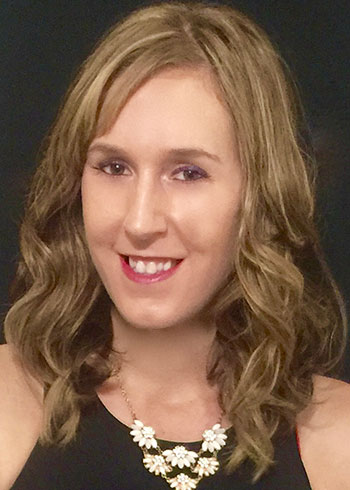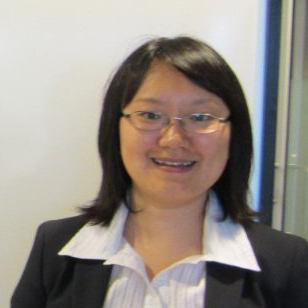- How did you learn about the program and what motivated you to enroll?
-
I learned about the PHDA program from the Director of the Social Dimensions of Health while I was taking the program at UVic. I was interested in the PHDA courses as a way to expand my skill set, enhance my knowledge of statistical software programs and gain practical skills to assist me with my PhD dissertation.
- Tell us about your course experience. What skills did you develop and which courses provided the greatest benefit to you?
-
I enjoyed all the courses and the practical skills they provided especially with statistical software such as SAS, Mplus, and ArcGIS. I think I gained the most benefit from the PHDA 05 course and the PHDA 03 course. The PHDA 05 in Longitudinal Analysis and Multilevel modeling helped me gain skills in Mplus software and get an introduction to modeling. This work was very helpful in preparing me for a more advanced longitudinal modeling credit course I took at UVic last year. The PHDA 03 course in Population Health and GIS introduced me to a brand new subject area as well as practical skills in the use of ArcGIS.
- How have you been able to (or how do you plan to) apply your new skills in your work/research?
-
I have been able to use the applied skills I learned in my role as a research assistant to help with grant applications. I will also be able to use these skills in the development of my dissertation. I plan to document the statistical software and analytic skills I have learned in all the PHDA courses on my CV. I know these skills will make me more marketable for future job opportunities.
- What do you think were the strengths of this program? Please provide examples.
-
The program has given me valuable skills and practice in a variety of statistical software. The PHDA program team including professors, IT and admin staff were all very helpful and a very supportive part of my program experience. I also enjoyed studying with fellow colleagues who had a broad range of work and research skills. The calibre of student in all my PHDA courses was very impressive and many were very willing to share their knowledge and analytic expertise. For this reason I really benefited from the partner and group work in many of the courses. Although the online format of the courses came with some weakness (as you don’t get to connect with people in person), I really appreciated how the asynchronous delivery provided flexibility to work and take courses at the same time. I also appreciated having transcripts of all the course video presentations for easy reference.
- Would you recommend this program to others? If so, what recommendations/suggestions would you give those interested in applying to this program?
-
I have and do recommend this program to others. Some of my colleagues, whose work focuses more on qualitative rather than quantitative data, are a bit intimidated to consider the PHDA courses. For others who feel the same way I would certainly recommend Working with Administrative Data (PHDA 01) as a course that any research student would benefit from. I would also suggest that program applicants try to take PHDA 01 and PHDA 02 prior to PHDA 05. Although you can take courses in any order, I found the PHDA 05 course in Longitudinal Analysis and Multi-level modeling to be the most advanced level PHDA course I took.

